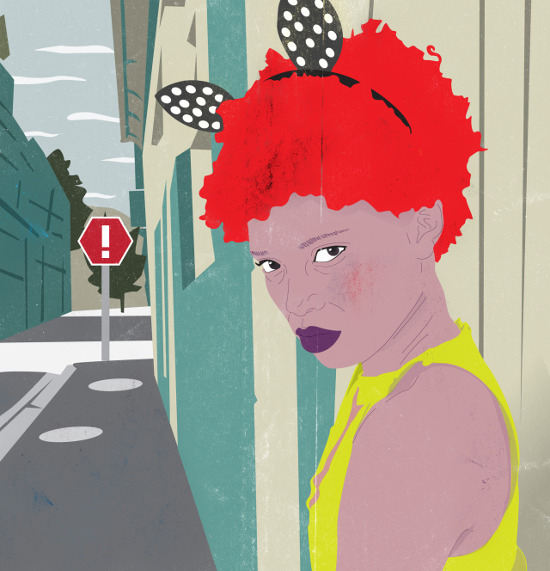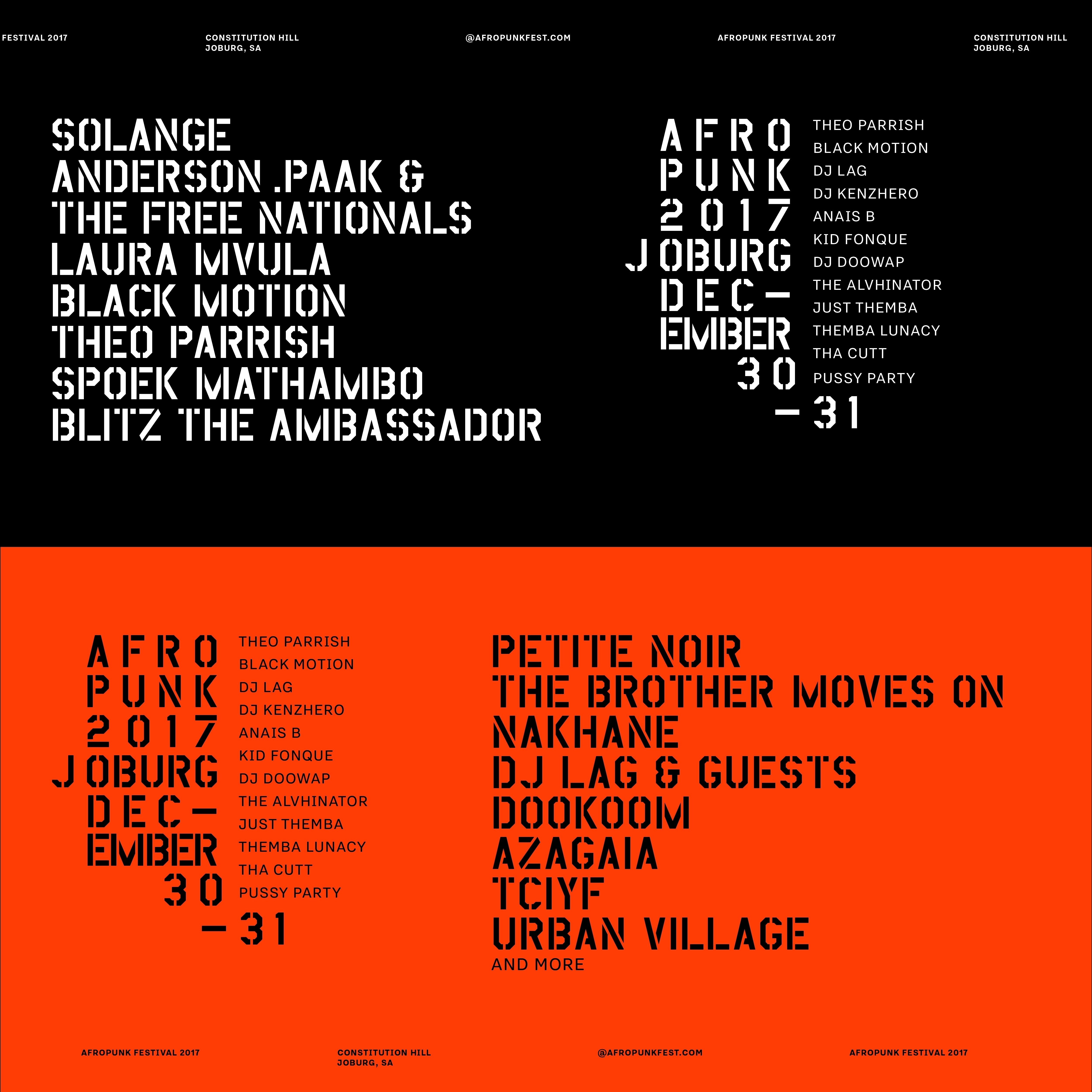
A rallying call
by michel’le donnelly
“African feminism is a radical proposition: it refers to the liberatory political philosophies, theories, writings, research and cultural production, as well as the organizing work of the transnational community of feminists from Africa.” Amina Mama
Earlier this month the South African Constitutional Court made a landmark ruling; they found the 1994 Electoral Act to be unconstitutional “on the grounds that it doesn’t allow citizens to be elected to the national and provincial legislatures as independent candidates.” The ruling by Justice Mbuyiseli Madlanga has been labelled: ‘moment-defining’, ‘profound’, ‘a victory’ and ‘controversial’ by politicians and political commentators alike.
The case was brought forward by civil society organisation, the New Nation Movement and Princess Chantal Revell, who also advocates for the recognition of first nations people in Southern Africa. They argued that the current Electoral Act infringed on individuals rights to exercise individual political choices, and the highest court in our land agreed with them.
This ruling could spell the end of this ‘rot’, seeing as parliament will now have to develop a constituency-based electoral system where individual candidates (whether from a party or not) can only stand in one district and would go head-to-head with other local candidates for a parliamentary seat.
Now when we look at politics in our country, there’s no denying the political apathy we face. One just has to look at the 2019 election where more than 9 million eligible voters did not register to vote. Of the 26,756,649 who registered to vote, only 74.6% represented the total voting-age population and of those who registered, only 66% showed up to cast their ballot. I’ve had many conversations with people who are fed up with our current political parties and who constantly feel like they have no other choice but to vote for candidates who do not represent the views they have.
We know all too well the toxicity that abounds party politics in our country and this ruling most certainly will add a new dimension to our electoral process. But more importantly, this ruling opens our political field and I think it’s time to put a bold call out for African feminists to get involved.
It’s no secret that our country is bleeding and the blood spilt is disproportionately that of women, femmes, non-binary and gender-nonconforming individuals of colour. The past 6 months have proven that now more than ever, it’s time to change our country’s political landscape and systems to ones that work for everyone and not just the few.
For all the progress that has been made globally, with regards to women’s representation in politics, it has not been enough.
According to new data presented in the 2020 edition of the IPU‑UN Women map of Women in Politics Women’s representation in political decision-making continues to increase but at a dragging pace, with three-quarters of parliamentary seats still held by men. UN Women Executive Director, Phumzile Mlambo-Ngcuka, said: “We have created a world where women are squeezed into just 25 per cent of the space—in parliaments and in other critical decision-making spaces”.
Being “squeezed-in” is not good enough. For all the gains made in politics by women, it’s also true that these women are not all standing for and fighting for feminist policies. As much as we can fight for political representation, we also need to be fighting for policies that will truly centre the voices of those made invisible by societal systems, including the poor, people with disabilities, the forcibly displaced, those who live in rural areas and the LGBTIQ community.
I’ve long wondered why, for a country with a majority women population, we’ve never had a political party run by feminists. It’s not enough to just have a women’s league or a ‘wing’. It’s time to form a party that will stand firm in the face of the patriarchy, one that stands firm in the face of adversity and contempt. It’s time for South African women, transgender, non-binary and gender-nonconforming individuals of colour to come together to embrace and embody a new country that will uphold human rights and provide protection for all.
What would a feminist manifesto look like?
It is important to remember that there are already feminist organisations who have been doing the work of putting together alternative policies and feminist agendas, and who have worked tirelessly on creating systems that reflect our realities.
Many of these organisations agree that a feminist manifesto would include:
- A call to tax corporations and end illicit financial flows.
- Valuing care work in our economy.
- Ensuring access to essential services such as sexual and reproductive rights & health services for all (this includes safe abortion, gender affirmative care and harm reduction).
- Demands to end the criminalization of sex work.
- Demands full demilitarization, gun control, and support systems for survivors of domestic and state violence.
- Places gender justice and human rights responses at the core of climate emergency mitigation.
- Centres community.
Parliament has 24 months to rectify and sign the ruling into the constitution. That means by the time of our next election, we could see African feminists on the ballot! Lindiwe Mazibuko said it perfectly: “We should not fear or shy away from this incredible opportunity; rather, we should embrace it with the courage, ingenuity and creativity necessary to move our democratic dispensation to the next level.”
2022 is around the corner and I know millions of South Africans are tired of being killed, or told how to behave, who are tired of being judged and demonised for things male-identifying people get away with day in and day out. We’re looking for politicians that we can believe in.
The time for radical change is now.
You May Also Like

2017 – The Story Thus Far
August 3, 2017
MOXIE Chats to Team Pen & Pencil
December 21, 2017


